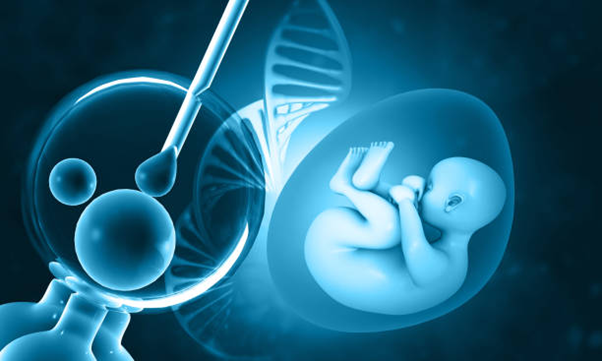Many couples experience fertility issues. At such a point, they can find themselves overwhelmed with options regarding the kind of treatment that they should undergo. The reasons for infertility range from genetics, physiological, and problems with a partner’s reproductive system.
But there’s good news for you. Today, you can avail of an infertility treatment that is customized for you. Such a treatment employs various techniques like In-Vitro Fertilization (IVF), Embryo transfer, assisted hatching, and the like.
IVF has aided millions of couples in achieving their dream of becoming parents. Given below are some of its pros and cons.
Pros of Infertility Treatments
Some conditions where IVF proves to be effective are listed below.
1. Blocked fallopian tubes
Many couples on testing discover that the woman’s tubes are blocked. It can be a result of a prior pelvic infection like appendicitis. The blocked fallopian tubes problem can only be remedied through an IVF treatment.
This treatment does not require the functioning of the female fallopian tubes as it works around the tubes by taking eggs from the ovaries. Afterward, the embryo is implanted directly into the uterus, where it then requires to ‘implant’ for pregnancy to occur.
2. Male infertility
IVF is a suitable treatment for remedying all issues that are related to the sperm quality of men. It is because it puts the egg and the sperm close to each other and can lead to the successful fertilization of the egg.
3. Minimized chances of having an abnormal baby
Sometimes, both partners may have the gene for Cystic Fibrosis. It means that they have a one in four chance of conceiving an abnormal baby. IVF presents itself as a suitable option here.
With its use, the embryos can be checked for any condition prior to being implanted into the uterus. IVF procedures like Pre-Implantation Genetic Diagnosis and Comparative Genomic Hybridization are suitable for such couples.
4. Polycystic Ovary Syndrome (PCOS)
PCOS is another common condition which results in hormone imbalance. It causes irregular menstrual cycles in women. It also can hinder a woman’s ability to conceive. IVF is the third line of treatment for a woman with PCOS trying to conceive. It has proved quite successful.
Cons of Infertility Treatments
IVF also has certain downsides. The most prominent is the uncertainty about pregnancy. It can cause much emotional turmoil in couples as everyone wants their IVF cycle to be successful. Some of the risks to IVF include:
1. Unsuccessful cycle
At times, the body doesn’t respond to the prescribed treatment as expected. There can be an under or over response to a drug.
2. Fewer than expected eggs
Couples need to know that not every follicle noticed on ultrasound will have an egg gathered from it during the egg collection process. Sometimes, there are fewer or no eggs collected during the egg collection procedure.
3. Unwanted side-effects
IVF has a slight likelihood of developing side effects. The most severe of it is ovarian hyper-stimulation syndrome (OHSS). Thankfully, the usage of lesser drugs in mild IVF cycles has dramatically lowered the likelihood of the risk of OHSS.
4. Miscarriage
Miscarriage can occur at any stage. It is common before three months of pregnancy. Its chances are more for older women.
It is essential for couples to avail of infertility treatment from reputed clinics with a track record of successful pregnancies. Every patient is unique. The treatment plan should take this factor into account. You will also get to know whether or not you should undergo IVF for having a child.















